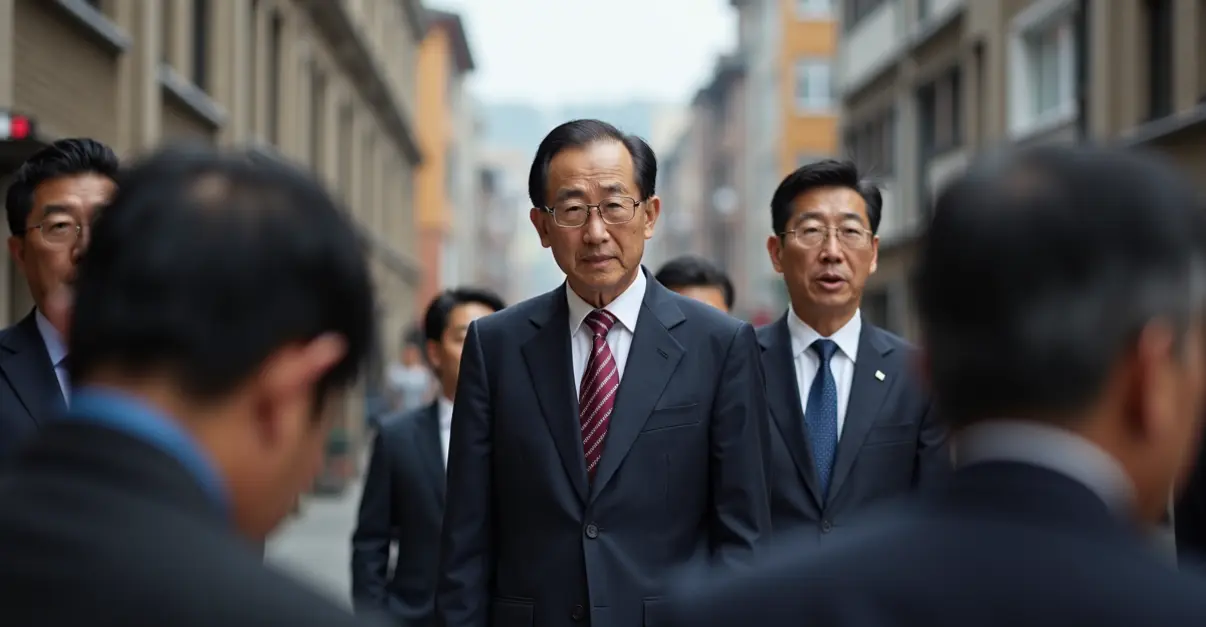Historic Government Formation in Czech Republic
Exactly one month after parliamentary elections, Czech political leader Andrej Babis has presented a coalition agreement that marks a significant political shift in Central Europe. The populist billionaire, whose ANO party emerged as the election winner, has formed a government alliance with two far-right parties - the Freedom and Direct Democracy (SPD) and Motorists for Themselves (AUTO).
Key Policy Changes and Compromises
The coalition agreement promises to freeze the retirement age, increase salaries for teachers and police officers, and only accept asylum seekers in 'exceptional cases'. Notably absent from the published document are details about the planned reduction of support for Ukraine, which had been a major campaign talking point for the coalition partners.
This represents the first time that both the SPD, led by Tomio Okamura, and the Motorists party will participate in government. Both parties are classified as far-right in Czech politics, though they have moderated some of their most radical positions during coalition negotiations.
'We had to make compromises, but this government will deliver real change for ordinary Czech citizens,' Babis stated during the announcement ceremony.
Controversial Ministerial Appointments
The proposed cabinet lineup has generated significant controversy, particularly regarding nominees from the Motorists party. Petr Macinka, nominated as Environment Minister, has publicly denied human influence on climate change and promised to make 'green blood flow' at his ministry.
Even more contentious is the nomination of Filip Turek as Foreign Minister. Turek, a former racing driver, has faced scrutiny over past social media posts containing racist, antisemitic, and homophobic content. Archived Facebook posts show statements including 'the last proud German died in 1945' and offensive remarks about Barack Obama and Romani people.
'Some of these posts I regret, but others I didn't write myself,' Turek claimed in response to the revelations.
Constitutional Hurdles and Presidential Scrutiny
The coalition faces potential obstacles from President Petr Pavel, a political opponent of Babis. The president has constitutional authority to reject ministerial appointments and has indicated he will not approve candidates who violate constitutional principles.
'The president will not approve any ministers who go against our constitutional order,' stated a presidential advisor, suggesting Turek's nomination faces significant challenges.
Political Context and Economic Situation
The coalition negotiations proceeded relatively quickly due to favorable economic conditions. Under the previous government, public debt was substantially reduced and inflation controlled, while economic growth remains among the highest in Europe. This provides the new government with significant fiscal space to implement its agenda without immediate austerity measures.
However, the coalition faces strong opposition in the Senate, where Babis's party holds only one-third of the necessary majority. The SPD and Motorists have no Senate representation, giving the opposition significant power to block or modify controversial legislation.
Political analyst Jana Cernochova commented: 'This coalition represents a dramatic shift in Czech politics. While they have a parliamentary majority, their ability to govern effectively will depend on managing internal tensions and navigating constitutional checks.'
The government formation process is expected to continue for several weeks as Babis prepares to formally submit his ministerial nominations to President Pavel. The outcome will determine whether the Czech Republic experiences its most right-wing government since the fall of communism.

 Nederlands
Nederlands
 English
English
 Deutsch
Deutsch
 Français
Français
 Español
Español
 Português
Português










